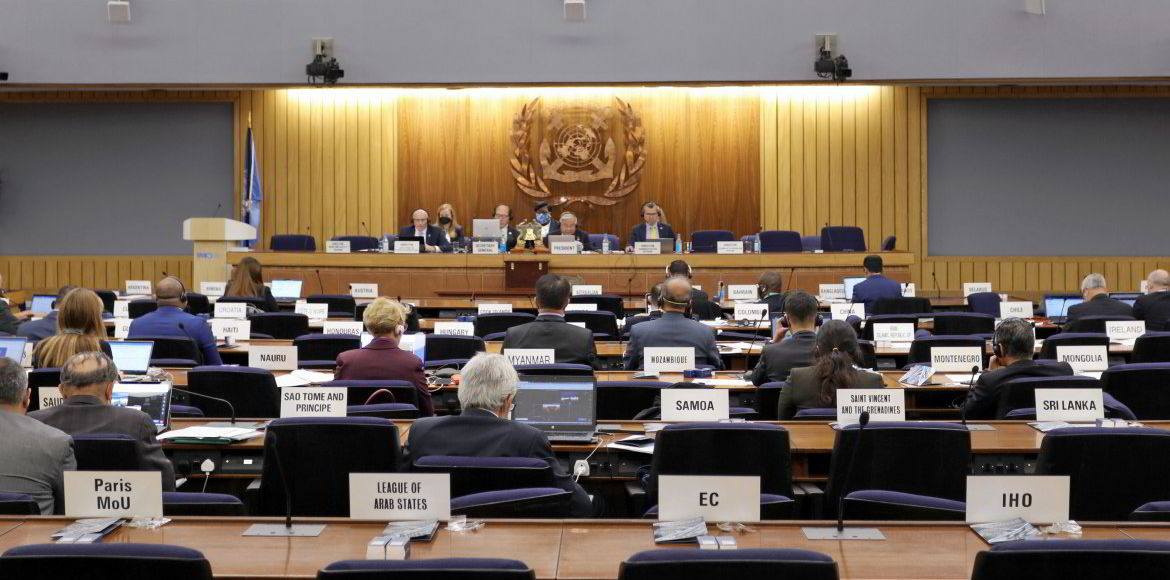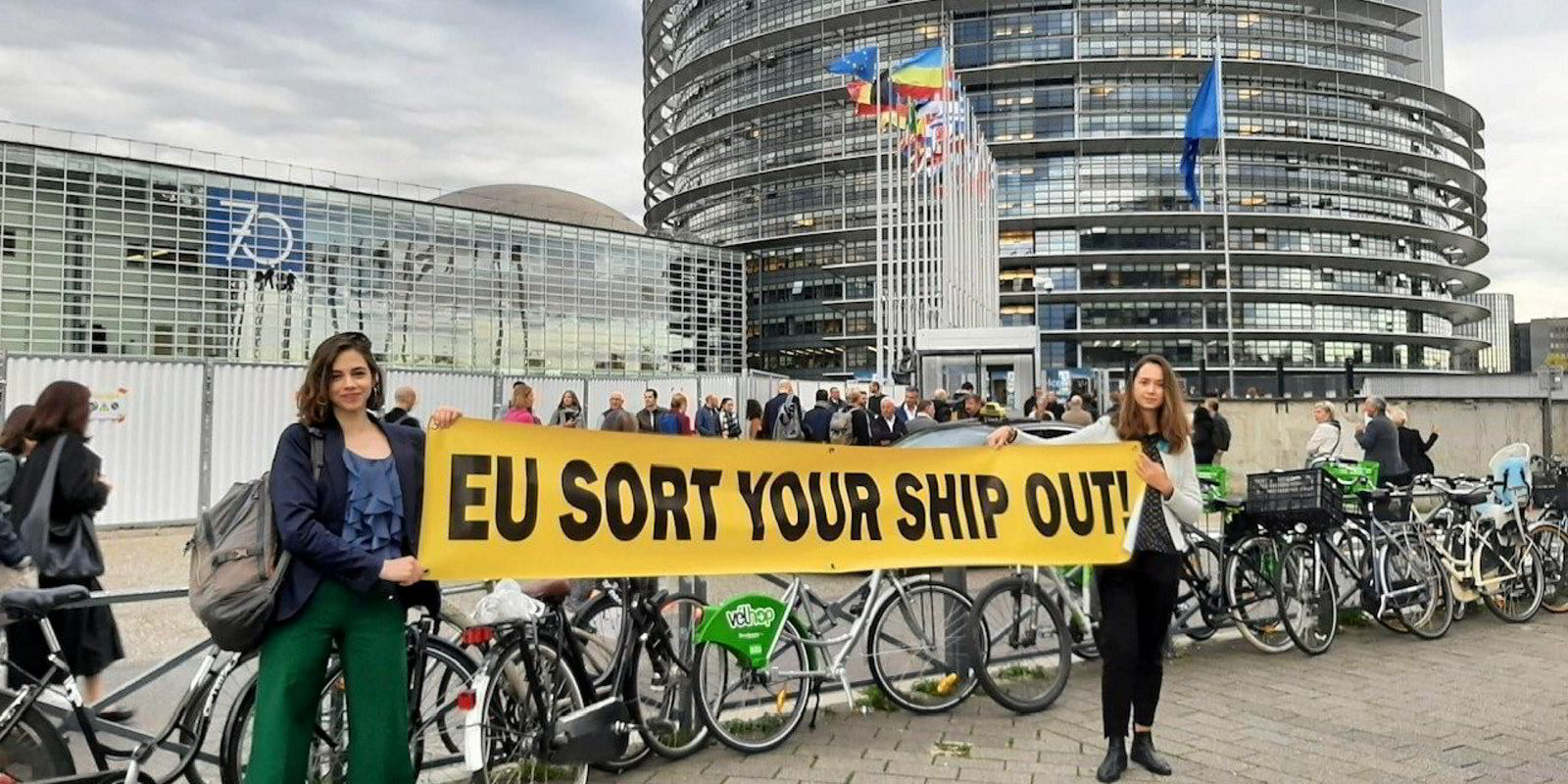The European Council is planning to speed up the International Maritime Organization’s decarbonisation timetable, according to a French official.
The 27 member states of the European Union agreed on 17 October to present four proposals to the IMO Marine Environment Protection Committee (MEPC) meeting from 12 to 16 December.
Michel Ardohain, head of the office for the ecological transition of shipping at the French Directorate General for Maritime Affairs, Fisheries & Aquaculture, said the first proposal is to call for a strategic review of the IMO’s greenhouse gas policy, according to Le Marin website.
All member states have agreed to hit zero carbon emissions by 2050, “with a credible trajectory which will be defended from December”, he added.
A 50% reduction was agreed on at the MEPC in 2018.
The EC also wants further action to cut carbon intensity, which will involve favouring new fuels.
This will be coupled with a third measure to set up a carbon dioxide tax to reduce the price gap between current fuels and new zero-carbon products.
That will generate income to help the industry invest in research and development, and to encourage developing nations to step up decarbonisation efforts, the EC believes.
The final proposal involves modernising the IMO’s data collection system for vessels’ fuel consumption.
Ardohain called this “very opaque” currently. He wants the data collection system to become more accessible, including to the public.
“Even if the international negotiations are going to be difficult, Europe is starting from a strong position,” he said.
Carbon levy
The MEPC is due to discuss market-based measures, including a carbon levy and an emissions trading scheme.
Ocean Network Express chief executive Jeremy Nixon told the Global Maritime Forum’s annual summit in New York last month that it could be years before the IMO implements measures that would shrink the price between fuel oil and alternative fuels.
That could make it hard for shipping companies to make investment decisions, he argued.
“As an industry, we can do a certain amount of pioneering there, but we cannot move to big scale unless there’s some levelling up,” said Nixon, who is also co-chairman of container shipping industry group the World Shipping Council.
“So we need the fuel costs to come up to [be] in line with the new fuel types, so market-based measures are critical.”




